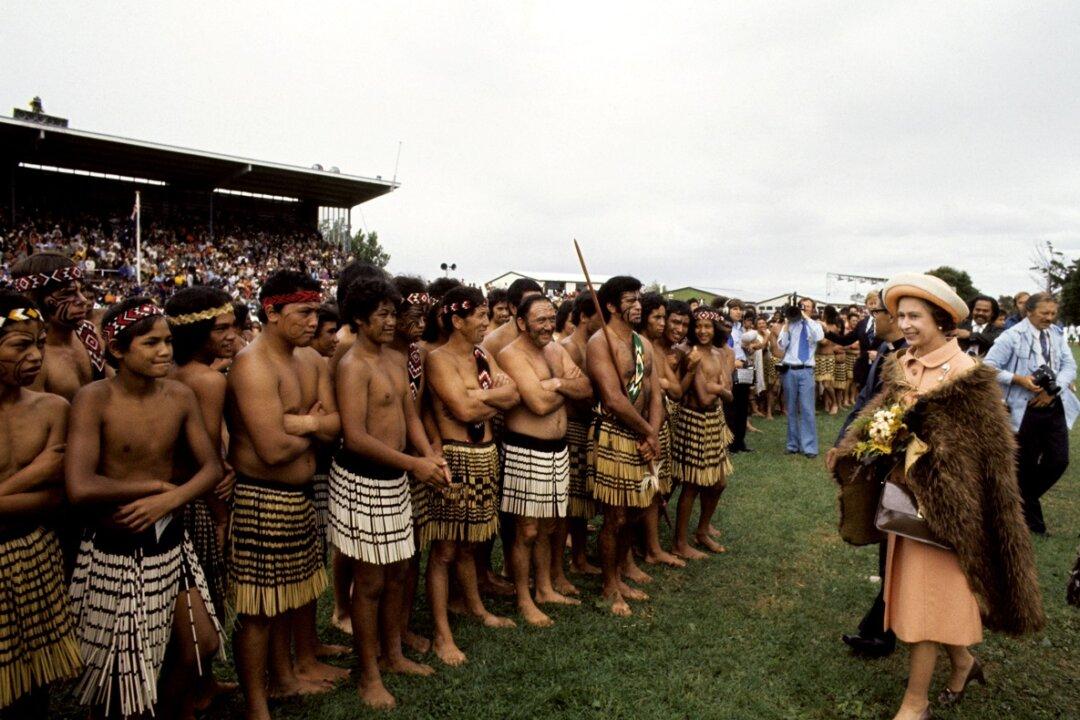New Zealand Prime Minister Jacinda Ardern has become the first Commonwealth leader to rule out the possibility of her country becoming a republic while she’s in power in the wake of Queen Elizabeth II’s death.
On Sept. 11, Gaston Browne, prime minister of Antigua and Barbuda, said he would push for a referendum on becoming a republic in the next three years, following the lead of regional neighbor Barbados, which became a republic last year.





